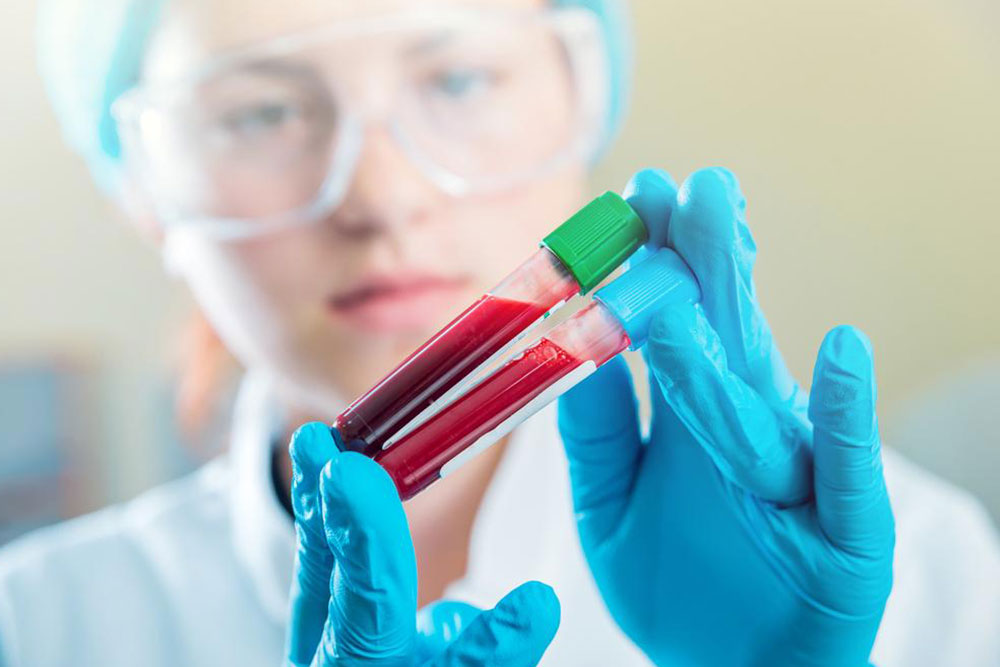Essential Dietary Guidelines for Managing Kidney Disease
This article explores vital dietary recommendations for managing kidney disease, emphasizing foods to avoid and include. It highlights the importance of a balanced diet to prevent further kidney damage, control blood pressure, and manage diabetes. Practical tips on limiting salt, sugar, and unhealthy fats are provided, along with suggestions for kidney-friendly foods like low-protein and low-carb options. Proper diet management is crucial for improving quality of life and reducing health risks associated with kidney impairment.

Understanding the Importance of Diet in Kidney Disease Management
Your kidneys, vital organs situated below the liver, are responsible for filtering blood and maintaining fluid and mineral balance. Approximately the size of a fist, they remove waste through urine, supporting overall health.
Kidney Disease and Its Causes
Kidney disease involves impaired kidney function, which can progress to kidney failure requiring dialysis. Causes include reduced blood flow from diabetes or high blood pressure, infections like sepsis, alcohol or drug abuse, exposure to toxins, and physical injuries. Disrupted kidney function leads to mineral imbalances, affecting sodium, potassium, and phosphorus levels, and hampers hormone production such as erythropoietin and renin.
Renin regulates blood pressure, while erythropoietin influences red blood cell production. Kidney failure hampers these hormones, resulting in toxin buildup, kidney stones, swelling, breathing issues, and sleep disturbances. A kidney-friendly diet is crucial to prevent further damage and manage blood pressure and diabetes, which can worsen kidney health.
Foods to Limit or Avoid
Fast Food
Fast food is typically high in sugar, salt, and fat, all of which strain weakened kidneys and contribute to toxin accumulation. Avoiding such foods helps protect kidney function.
High Salt Intake
Excess sodium raises blood pressure and causes fluid retention, putting extra pressure on the kidneys. Reducing salt intake is vital for kidney health.
Sugar
High sugar consumption can lead to diabetes, impairing kidney function. Managing sugar intake helps prevent additional stress on your kidneys.
Whole Milk
Unskimmed or whole milk contains high levels of phosphorus, potassium, and calcium, which should be limited in kidney disease management.
Recommended Foods
Low-Protein Options
Since excess protein produces nitrogen that kidneys struggle to eliminate, opting for low-protein foods like bread, grains, raisins, corn, onions, mushrooms, and carrots is beneficial. Moderation is key.
Low-Carbohydrate Foods
Controlling blood sugar levels requires limiting simple carbohydrates. Favor nuts, seeds, and non-starchy vegetables such as peppers, spinach, and cauliflower.
Egg Whites and Cottage Cheese
Egg whites provide a high-quality, low-fat protein source, ideal for breakfast in controlled amounts. Cottage cheese offers minimal carbs, making it suitable for both kidney disease and diabetes management.
In addition to choosing appropriate foods, limiting intake of sodium, phosphorus, and potassium is essential to reduce kidney workload and prevent complications.










